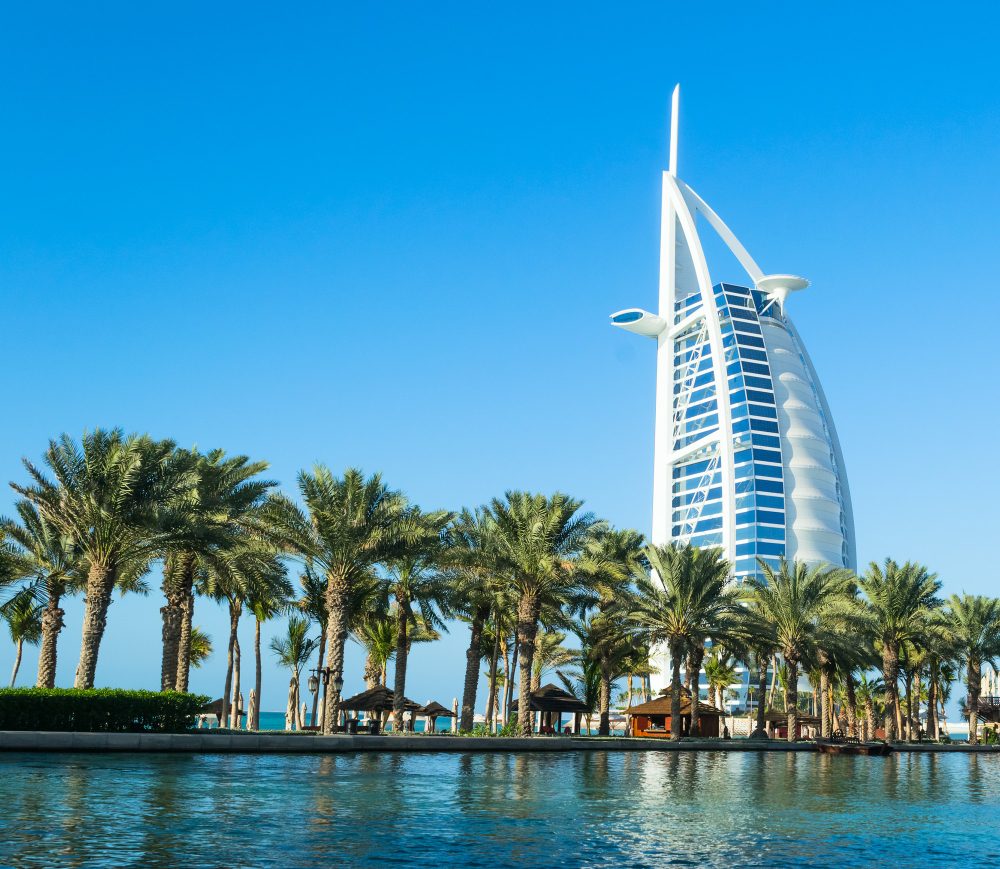Trends in Real Estate in Qatar 🇶🇦
Qatar is one of the most vibrant economies in the Middle East, with a high GDP growth and a diverse population. The real estate sector in Qatar is also booming, thanks to several factors that are shaping the industry’s landscape. In this blog post, we will explore some of the major trends that are influencing the demand and supply of residential properties in Qatar, and what they mean for investors, developers and buyers.
COVID-19 😷
The COVID-19 pandemic has caused disruption across industries worldwide, and Qatar’s real estate sector was not an exception. The lockdown measures and travel restrictions imposed to control the outbreak have affected the occupancy rates and rental prices of residential units, especially in the office and retail segments. However, Qatar has demonstrated remarkable resilience to the economic turbulence caused by the pandemic, and has implemented various stimulus packages and policies to support the real estate sector. For instance, Qatar Central Bank (QCB) reduced its lending rate by 1% and increased the loan-to-value (LTV) ratio for first-time home buyers from 70% to 80%. Moreover, the government waived the utility fees for six months and extended the rent grace period for tenants in the industrial and logistic zones.
As we move towards a post-COVID world, the real estate sector will have to adapt to the new norms and preferences of consumers. The rise of e-commerce and remote working have changed the way people use their living spaces, and have increased the demand for more flexible and functional designs. According to a PwC Middle East survey, 68% of GCC employees prefer a mixture of in-person and remote working, and only 7% would like to go to office full-time. This means that residential units will have to cater to the needs of home-based workers, such as providing dedicated workstations, high-speed internet connectivity and sound-proofing solutions.

FIFA-2022 ⚽
The FIFA 2022 World Cup is one of the most anticipated events in Qatar’s history, and has been at the heart of its economic plans. The event has served as a source of optimism and motivation during the recent downturn, and has also been a catalyst for infrastructure development and urban transformation. Qatar has invested heavily in building new stadiums, roads, metro lines, hotels, malls and other facilities to host the mega event, which is expected to attract more than 1.5 million visitors.
The World Cup will have a positive impact on the real estate sector, especially on the hospitality segment. The expected influx of tourists will increase the hotel occupancy rates and revenue per available room (RevPAR), as well as boost the demand for short-term rentals and serviced apartments. The World Cup will also showcase Qatar’s culture, heritage and attractions to a global audience, which will enhance its reputation as a tourism destination and attract more visitors in the future.

Tourism 🌴
Tourism is another key driver for Qatar’s real estate sector, as it contributes to the economic diversification and social development goals set by the Qatar National Vision 2030. Qatar has been developing its tourism offerings by creating local attractions, such as museums, parks, cultural festivals and entertainment venues. Qatar has also eased its visa policies and launched new marketing campaigns to attract more visitors from different regions.
Tourism will increase the demand for residential properties in Qatar, both for short-term and long-term stays. Visitors who come for leisure or business purposes will need accommodation options that suit their budgets and preferences. Some of them may also decide to invest in residential units in Qatar, especially after the introduction of Law No. 16 of 2018, which allows non-Qatari investors to purchase apartments in Lusail, West Bay and Onaiza on a freehold title. This law has opened up new opportunities for foreign buyers to own properties in prime locations in Qatar.

Conclusion 🏠
Qatar’s real estate sector is undergoing significant changes due to various factors that are influencing its supply and demand dynamics. The COVID-19 pandemic, the FIFA 2022 World Cup and tourism are some of the major trends that are shaping the industry’s landscape. These trends offer both challenges and opportunities for investors, developers and buyers who are interested in Qatar’s residential properties. The real estate sector in Qatar is expected to recover and grow in the medium to long term, as the country prepares for the mega event and beyond.
[Source: PwC Middle East, GlobeNewswire, Cityscape Intelligence, Property Finder]
